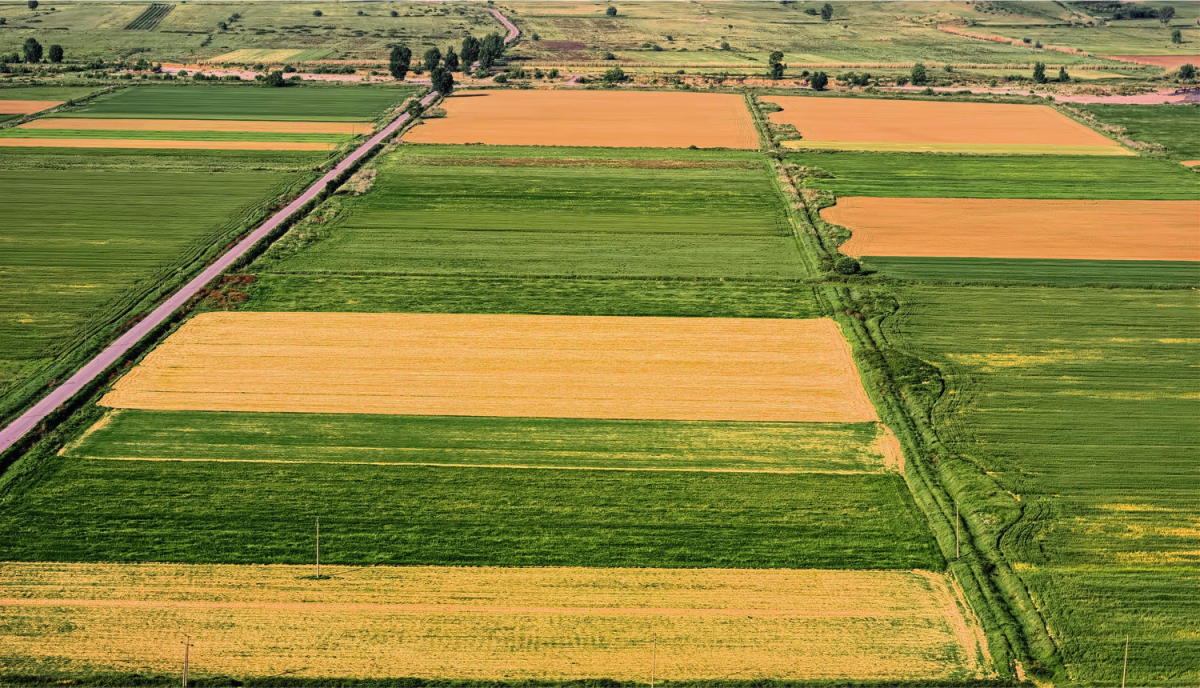August 22, 2017
AreaOne Farms announced that its third fund – AreaOne Farms Fund III -saw a close at $130 million last month.
In December 2016 AreaOne announced Fund III was soon to achieve a $100 million close, however, institutional investors seeking exposure to ag pushed the fund to close oversubscribed by 30 percent, and at four times the total funds raised by the firm’s two previous funds over 2013 and 2014.
This impressive achievement grew from the Toronto-based firm signing on more limited partners including first-time institutional investors, with an endowment, an insurer, and a pension fund joining AreaOne’s investor base – something that is reflective of a wider trend.
The latest data from Preqin released in April of this year states that more than 100 unlisted agriculture and farmland funds raised approximately US$23 billion between 2008 and 2017, with institutional investors including foundations, pension funds, and endowments driving demand, according to the firm.
A New Model
Launched in 2011 by siblings Joelle and Benji Faulkner, Canadian private equity firm, AreaOne Farms creates joint venture partnerships with farming operations looking to expand, but that do not want to take on large amounts of bank debt.
Focusing on operations that are looking to scale up significantly and rapidly, AreaOne targets farmers that are looking to double or triple their scale, and for whom private equity is more stable than bank debt.
Under the fund’s structure, a farmer looking to expand might commit 20 percent of the cost of a land acquisition, while AreaOne would fund the balance of the cost. The firm would then create a joint venture with the farmer, taking an equity stake in the newly acquired land with the intent that the farmers would buy out AreaOne after ten years – providing AreaOne investors with returns on investment while leaving the farmer with a more profitable and larger operation.
Because the newly acquired land is owned through the partnership, there is no mortgage and AreaOne does not charge fees, rent, or interest according to their website, instead allowing their farming partners to earn 100 percent of the income and appreciation generated by the investment. The structure also dilutes the risk of expansion for farmers in the face of unpredictable weather, interest rate fluctuation, and more.
AreaOne’s “shared-value approach” and rejection of the notion of a lease-back deal structure has resulted in the firm’s debut fund posting a net average annual return of 14 percent and its second fund posting returns of 16 percent – figures that have drawn the attention of institutional LPs for Fund III.
This attention supported AreaOne in raising the target funding for Fund III, which intends to maintain AreaOne’s investment strategy.
“AreaOne’s strategy ensures that everyone, investors and operators, share in the return and have an incentive to build long-term value,” said AreaOne co-found Joelle Faulkner. “This is the guiding principle for all decisions, from finance to fertilizer.”
The added commitments will allow Fund III to broaden its plans, with expectations to launch between 10 and 15 joint ventures with crop and cattle producers in Alberta and Ontario, Canada, as well as possibly diversifying its investments into regenerative agriculture; exploring agtech investing through testing a farm data management system; and the initiation of group-buying of ag inputs to gain economies of scale.
Toward this end, AreaOne had doubled its team; mostly through the expansion of its farm development team which is lead by Jordan Webber, a family farmer in Brownfield, Alberta, who partnered with AreaOne two years ago.
-Lynda Kiernan
Lynda Kiernan is Editor with GAI Media and daily contributor to GAI News. If you would like to submit a contribution for consideration, please contact Ms. Kiernan at lkiernan@globalaginvesting.com

Let GAI News inform your engagement in the agriculture sector.
GAI News provides crucial and timely news and insight to help you stay ahead of critical agricultural trends through free delivery of two weekly newsletters, Ag Investing Weekly and AgTech Intel.




